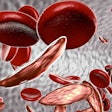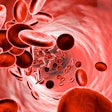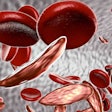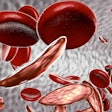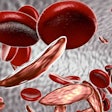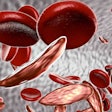
Researchers have found hundreds of genes that may affect blood pressure, setting the stage for further studies that could inform the development of new treatments for hypertension.
Genetics play a major role in the risk of developing hypertension, with scientists estimating that DNA accounts for 50% of the variability in blood pressure between people. However, there remains a need for more information on which genes drive that variability and how they affect blood pressure. A paper published in the American Journal of Human Genetics goes some way in addressing that knowledge gap.
In the paper, an international team of researchers describe efforts to build on genome-wide association studies (GWAS) that previously identified DNA variants that may affect blood pressure but largely lacked information on effector genes and biological pathways. To address the gap, the collaborators used the GWAS data to inform tissue-specific chromatin segmentation and colocalization.
The search for genes that influence systolic blood pressure, diastolic blood pressure, and pulse pressure led to the identification of 532 distinct signals associated with two or more measures of blood pressure. Some of the variants affected previously unreported blood pressure candidate genes.
“Our results provide a crucial foundation for understanding how DNA variants influence blood pressure in the general population. They have potential to enable new preventative and therapeutic opportunities for hypertension with wider implications for cardiovascular health,” Patricia Munroe, co-author of the paper and professor of molecular medicine at Queen Mary University of London, said in a statement.
The paper provides consolidated evidence for 436 blood pressure candidate genes. More work is needed to provide functional validation of the genes and to explore several potential drug targets, including one, PDE3A, that the researchers consider particularly promising.









